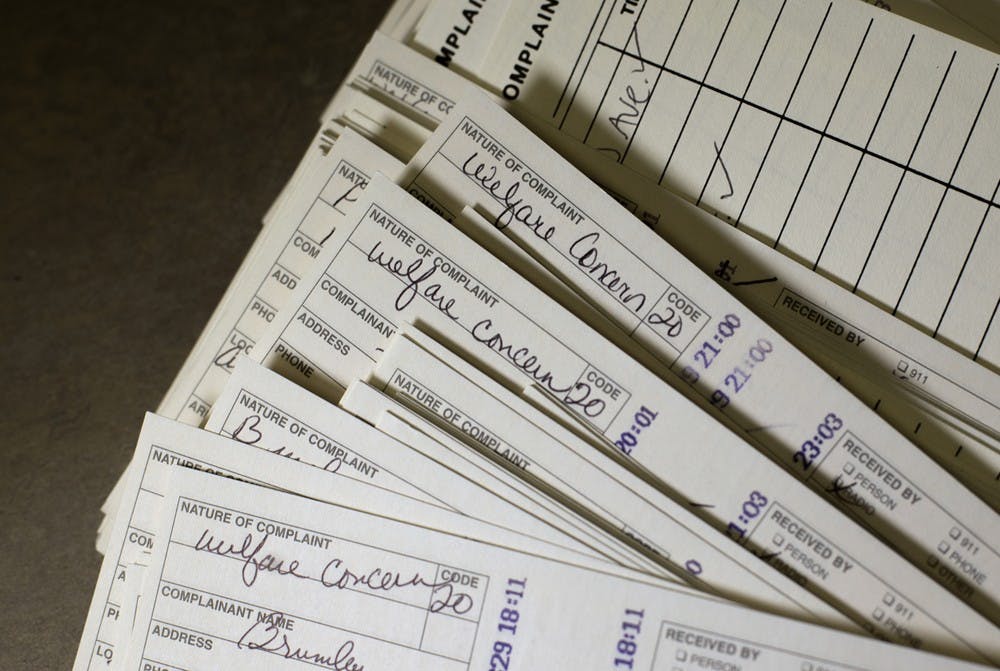To commemorate the 10th anniversary of Hurricane Katrina hitting the Gulf Coast, media organizations across the nation are dedicating coverage to the disaster and its impact. From broadcast specials featuring footage of the disaster to print and digital pieces on the impact of the hurricane, Katrina is once again dominating the news cycle.
However, recent coverage of Katrina has not adequately addressed the true disaster of those fateful September days ten years ago: the utter incompetence of local, state and federal government in responding to crisis.
In one of our nation’s darkest hours, the media stood tall. Coverage of Katrina in 2005 showed the very best of journalism under extraordinary circumstances. Journalists from around the world put themselves in harm's way to show the severity of the hurricane as it ravaged the South.
Under the most challenging circumstances, the media held the powerful accountable for failing to protect the communities throughout the South. Particularly in New Orleans, journalists documented how local, state and federal government failed.
The list of human errors is seemingly endless. At the local level, the evacuation order to leave the city came less than 24 hours before Katrina made landfall, school buses and Amtrak trains with space for evacuees were not filled, and the local committee charged with maintaining New Orleans’ levee system had systemically mismanaged funds. At the state level, the Louisiana National Guard troops were deployed both too little and too late.
At the federal level, FEMA proved to be more of a hindrance than a help in responding to the worst natural disaster to ever hit the U.S. The agency responded slowly to a clear catastrophe, directed funds and human capital improperly and even impeded local rescue and repair efforts in some instances. Additionally, the Bush administration was slow to accept international aid.
Journalists exposed these horrendous failings on the ground. They stood in the convention center and the Louisiana Superdome (now the Mercedes-Benz Superdome) as men and women languished without aid, confronted FEMA head Michael Brown over his agency’s insufficient response, and fought attempts to censor media coverage of rescue efforts.
The media, or fourth estate, fulfilled its watchdog duty in these trying times and exposed mismanagement in the moment. Politicians and bureaucrats at every level of government were held accountable then and there for failing to prepare or respond to Katrina.
In #Katrina10 commemoration, Obama cites inequities "brewing for decades": http://t.co/iBcLVVl40s pic.twitter.com/drkNrxI2l5
— CNN International (@cnni) August 28, 2015
In remembering Katrina today, let’s not forget the true disaster. The hurricane not only exposed poor government crisis response, but also a fundamental failing in the direction and purpose of our government. In the days preceding Katrina, American government failed to consider the protection of society’s most vulnerable through proactive policy decisions. During the hurricane, this mismanagement caused untold suffering for the entire Gulf Coast community. That suffering continues for some Southern communities to this day.
We fail the vulnerable of today’s society — the homeless, the impoverished, the politically disenfranchised and even future victims of natural disasters — by forgetting the consequences of government not protecting those who can’t protect themselves.
So, as news outlets produce features on Katrina, let’s not forget the real story. Big storms come and go, but Katrina was a catastrophe because of human error. Our nation’s government failed to protect the every day man. To truly learn from the past, we need to recognize that fact today, ten years later.
American government failed the citizens of the Gulf Coast in 2005. The media should not fail them again with inadequate reporting in 2015.
Related Links:
Student graduates five years after losing home to Hurricane Katrina
Professor uses poetry to tell tales of Katrin
Reach the columnist at clmurph5@asu.edu or follow @ConnorLMurphy on Twitter.
Editor’s note: The opinions presented in this column are the author’s and do not imply any endorsement from The State Press or its editors.
Want to join the conversation? Send an email to opiniondesk.statepress@gmail.com. Keep letters under 300 words and be sure to include your university affiliation. Anonymity will not be granted.
Like The State Press on Facebook and follow @statepress on Twitter.




